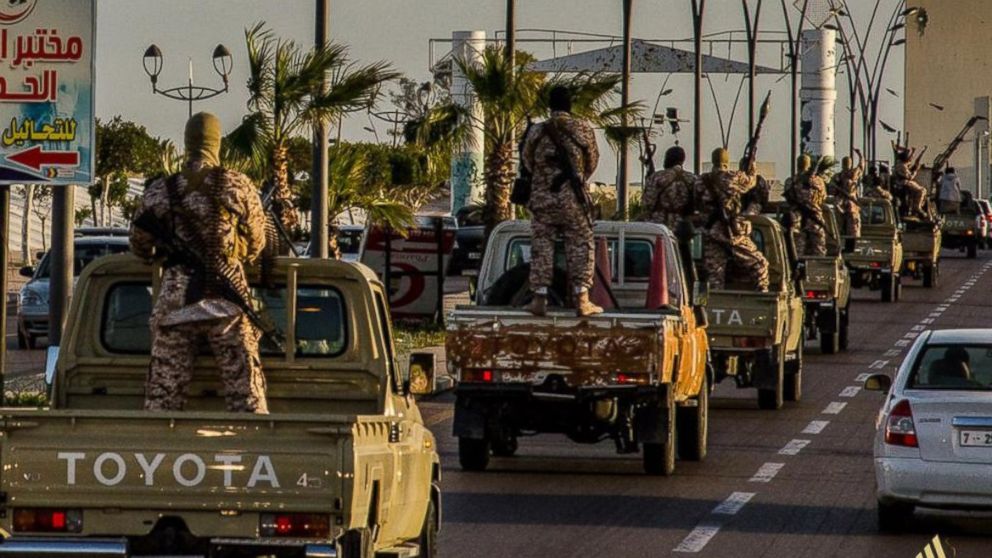 |
| Not. Our. Problem. |
So, at this point either the strategy is wrong, or the execution is. Advisors at the Division level and above, some daily airstrikes without forward air controllers or observers providing targeting support and training a few brigades of Syrian rebels is never going to lead to the defeat of ISIS, however you might choose to define it. The Kurdish Peshmergas are a competent fighting force, but they lack the numbers, organization, heavy weapons and logistical support to do anything but defend their own territory. The Shiite militias have the numbers and the resources, but any success they have against IS, particularly in Sunni majority areas like Anbar, will paradoxically strengthen, not weaken ISIS.
It seems pretty clear that a strategy predicated on 'defeating' ISIS without the commitment of American ground forces in large numbers is utterly delusional and certainly doomed to failure, with massive unanticipated consequences. And it's completely unnecessary. What we're seeing here is a kind of regional 'civil war' where there is a sectarian component and an ideological component. The main driver of the conflict is political - this is people fighting to determine what sort of governance model they will live under. The sectarian component is useful for recruiting, fundraising and of course fighting - troops who are truly not afraid to die are formidable - but is secondary to the question of nations and national leadership.
The sectarian problem does, however, raise an important issue. Throughout the middle east, there is a desire for some kind of 'Islamic State'. That can be anything from a harsh, austerian 7th century theocracy, to a more democratic state based on Islamic principles, and a lot of variations in between. But at its core, Islam is not inclusive - hate and distrust of other Abrahamic religious traditions, on top of hate and distrust for other Islamic religious traditions - means that there can never be a single Islamic governance model. There will be shifting nations, with shifting national borders and your occasional toppled government, as long as the Islamic theocratic model is the basis for the nationalism.
The key factor that the US has to successfully internalize is that there simply is NO American interest in the fighting, other than to keep the oil flowing to feed the global economy. In fact, as long as the fighting is centered on the Arabian peninsula, as it is now, the US is arguably safer from Islamic terrorist than it has been in recent years. But if the US leadership insists upon inserting American military power into the regional wars, we will find we are making more blood enemies and encouraging extremist groups to raise their local profile by killing Americans. The simple counterproductivity of the American war on ISIS is so glaringly obvious it makes one wonder how the Obama administration has managed to miss it.
The fact is it's a fight between brutal, tyrannical police-state governments and incompatible, brutal, extremist insurgencies. If we've learned anything in the last 30 years, it's that American military intervention is certain only to make things worse. We need to stand down, and tell the regional governments, from Saudi and Iran to Turkey and Egypt, to Qatar to Yemen, from Iraq to Syria, that they are going to have to get their shiny foreign supplied armies dirty and figure out what they're fighting for and how to win that fight. Meanwhile, we'll be over here trying to do something productive elsewhere.
...
If we've learned anything in the last 30 years, it's that American military intervention is certain only to make things worse.
ReplyDeleteYep. And also those by our friends Saudi Arabia and Israel.
~
Danziger.
ReplyDeleteThe fact is it's a fight between brutal, tyrannical police-state governments and incompatible, brutal, extremist insurgencies.
ReplyDeleteGo injuries! It's amazing how even the harshest critics of ISIS don't say boo about the Saudi regime that ISIS apes. I wish there were a way to protect minority religious communities (Christians and Yezidis) while the Sunni and Shia duke it out post-Reformation Europe style.